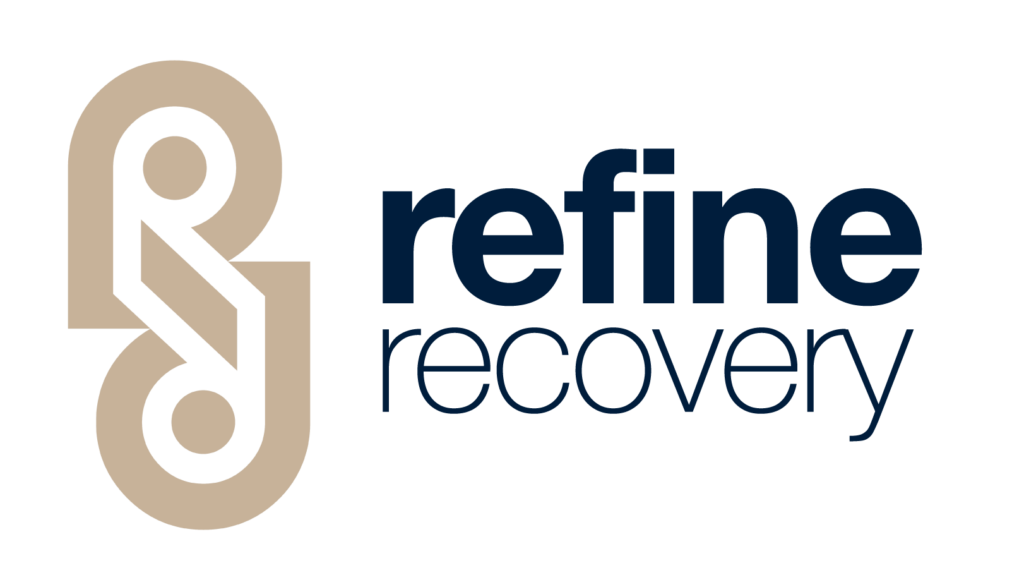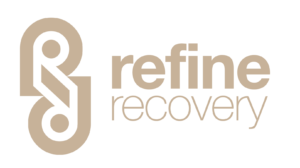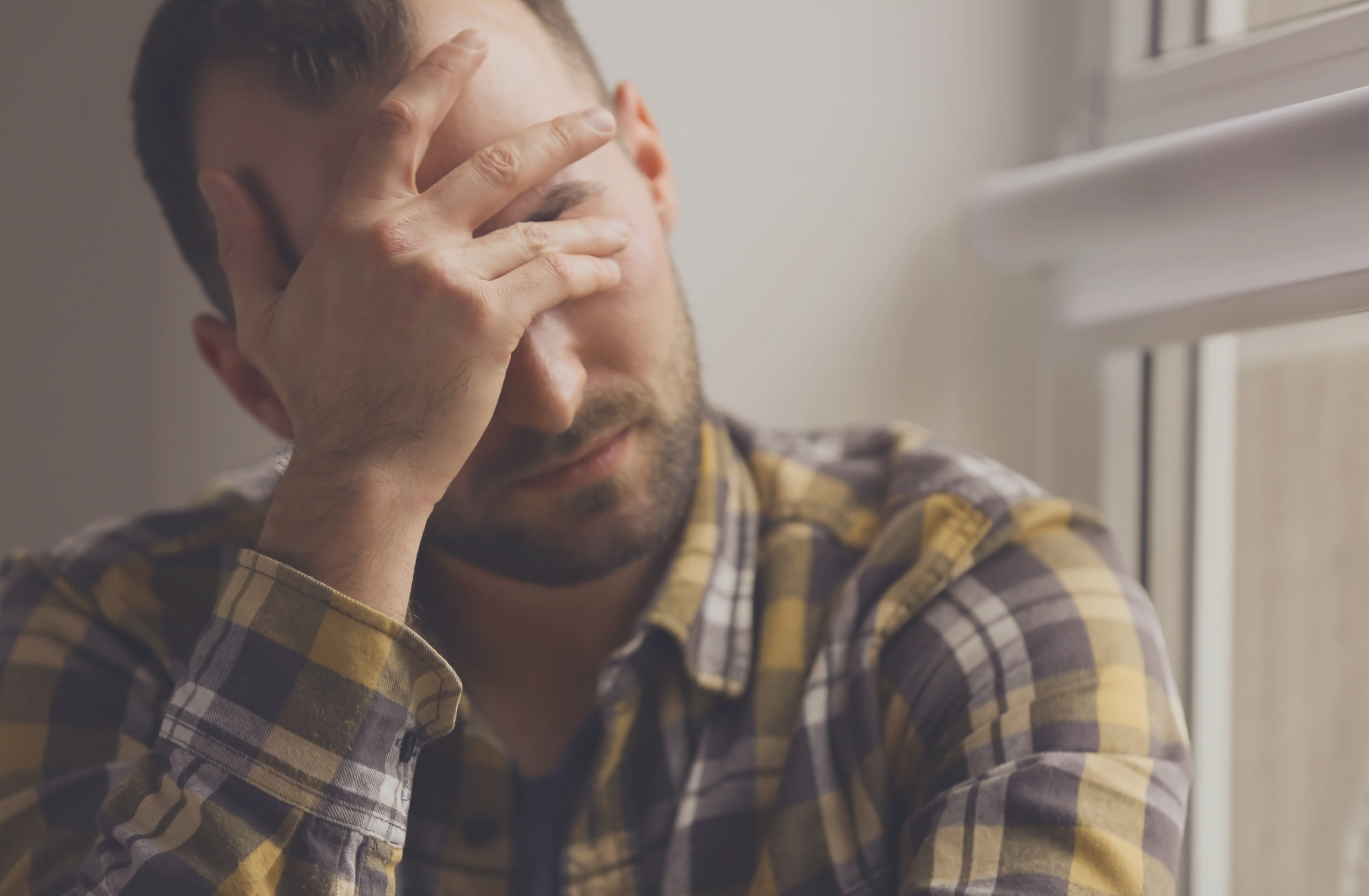Depression is a serious mental illness that can have a detrimental effect on an individual. It brutally affects a person’s daily life, often leading to severe depression. According to the Centers for Disease Control and Prevention, approximately 10 percent of adults in America suffer from depression.
Many people with depression battle addiction and may wonder, are depression and addiction related? The truth is, the two conditions are complex, and alone each can feel impossible to manage. When a person deals with the two conditions simultaneously, it can feel overwhelming.
Learning the answers to the question of whether depression and addiction related can help those battling depression and addiction and their loved ones navigate the path to recovery. Depression and substance use disorder are considered dual diagnosis disorders, and Refine Recovery offers comprehensive dual diagnosis treatment in Beverly Hills.
What are the Signs of Depression?
The term depression is often used to loosely describe how a person feels after a tough week of life or after a difficult relationship strain, such as a bad breakup. But clinical depression is much more complicated and is a serious mood disorder. Specific symptoms accompany true depression versus the sadness many people temporarily experience during tough times in life.
Many symptoms of depression exist, including but not limited to the following:
- Feeling extremely tired, even after sleeping
- Experiencing difficulty falling or staying asleep
- Feeling irritable, restless, or easily frustrated
- A loss of interest in activities once previously enjoyed
- Waking early in the morning or sleeping too far into the day
- Feeling tired even after sleeping
- Feelings of worthlessness, helplessness, or guilt
- Difficulty concentrating, making decisions, or remembering
- Thoughts of self-harm or suicide
- Physical ailments that seem to persist despite treatment
What Causes Addiction?
Addiction is a complex disease that impacts the brain and can occur as a result of many underlying causes. Various risk factors have been identified as to what contributes to the development of addiction, although the causes still remain less understood.
Risk factors that are linked with addiction vary by individual; however, known risk factors for the development of addiction:
- Neglect from caregivers, including parents and guardians
- Having drug access from peers or at school
- Aggressive behavior during adolescence
- Experimenting with substances during adolescence
- Peer pressure
- Poverty within the community
Genetics can also likely play into addiction. Genes play an important role in defining the traits of an individual, and some traits are passed genetically. Furthermore, environmental influences can also impact a trait, such as when a child grows up in an environment that exhibits drug addiction.
Addiction is heritable, meaning that genes can impact whether a child will battle addiction, especially considering how close the genetic relationship between a child and their parents is.
Are Depression and Addiction Related?
Both depression and addiction are common within the United States, with about 16.1 million Americans experiencing at least one depressive episode within the past year, while approximately 7.9 million Americans also have dual diagnoses, which refers to having a mental illness (such as depression) in addition to a substance use disorder at the same time.
Both depression and addiction can affect each other. Some people who battle depression may turn to substance use to ease or “numb” their symptoms. On the other hand, those who have a substance use disorder may go on to battle depression. A person may develop either condition first. Each condition can stem from the other and occur at the same time. Some people strive to battle emotional pain with substances, while others experience depression as a result of the neurological effects of substance abuse.
Often, individuals battling depression opt to drink alcohol to help increase their mood, in an effort to make their depression better. But in reality, this will not make a person’s depression better but might even make it worse.
Some people drink for so long that they become addicted to alcohol, leading to alcoholism. This makes it excruciatingly hard to eliminate a drinking problem, especially when the person battles severe depression.
How to Find Treatment for Depression and Addiction
Whether you feel the need to determine for yourself or a loved one the answer to the question of are depression and addiction related, Refine Recovery is a luxury rehab in Beverly Hills that is equipped with trained professionals to help ease the burden of both depression and addiction, with the hope of lasting recovery. Don’t hesitate to contact us today to find out more about our high-quality, personalized treatment.








